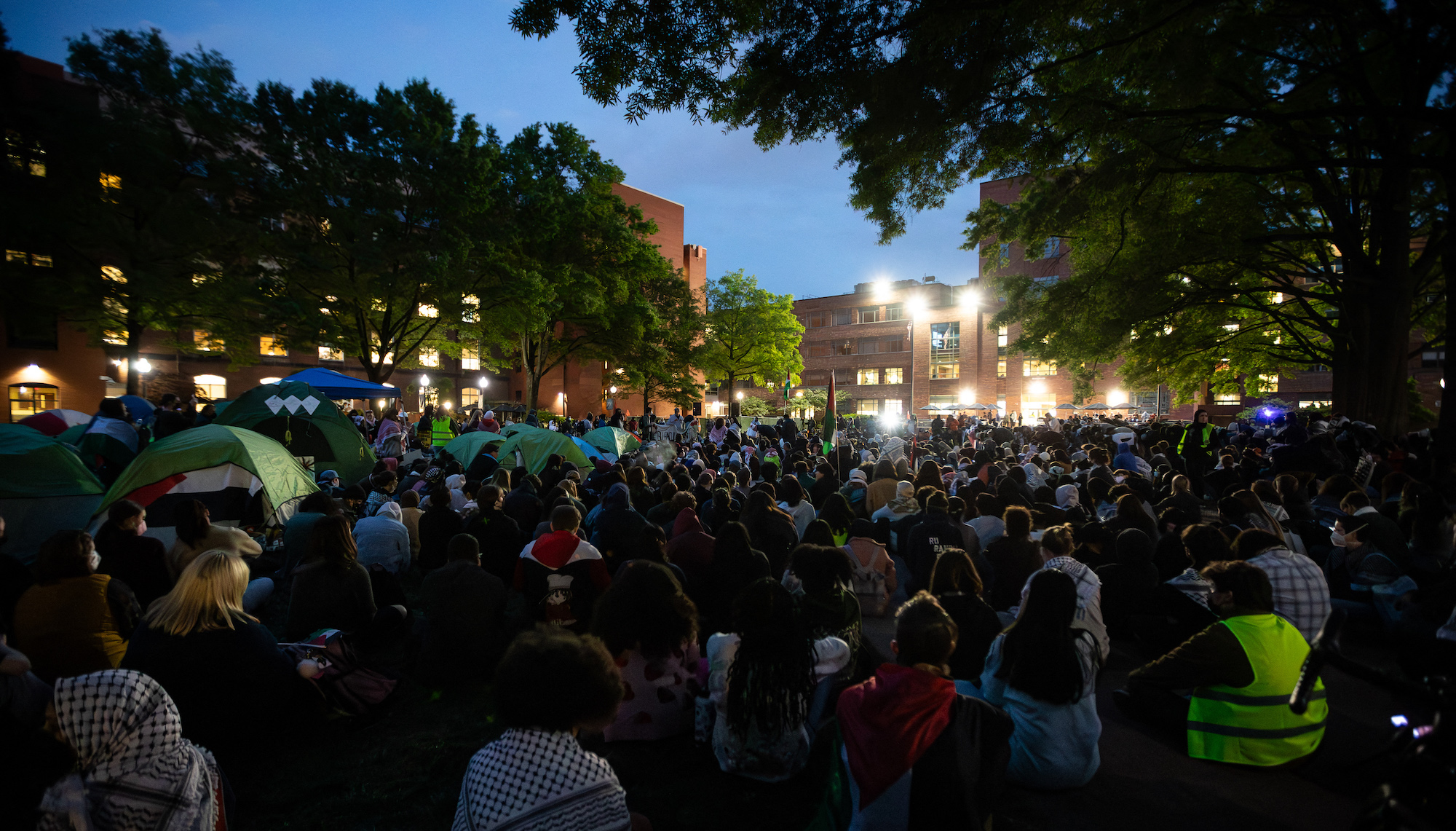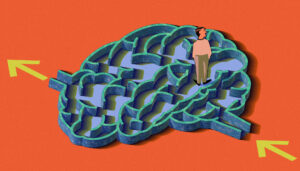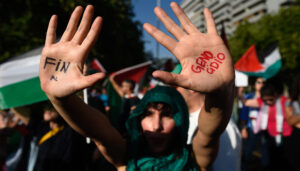Written By: Naseem Tarawnah
 It is common knowledge in Jordan that family names equal power. Every day, thousands of Jordanians capitalize on that fact alone. Getting a traffic ticket is a hassle avoided, and so is waiting in line when it’s time to renew one’s passport. Acceptance into a competitive university program with limited seats is not an issue, and neither is the guaranteed job in prestigious public institutions such as the Ministry of Foreign Affairs or even the prestigious Royal Court. It’s not every name, nor is it even the more common names that come with assumptive qualities, so please excuse the generalization. However, there are certain family names in Jordan, which when coupled with inherited wealth and positions of power, can only emphasize the underlying point: names are important, and the impact of modern economics makes sure of that.
It is common knowledge in Jordan that family names equal power. Every day, thousands of Jordanians capitalize on that fact alone. Getting a traffic ticket is a hassle avoided, and so is waiting in line when it’s time to renew one’s passport. Acceptance into a competitive university program with limited seats is not an issue, and neither is the guaranteed job in prestigious public institutions such as the Ministry of Foreign Affairs or even the prestigious Royal Court. It’s not every name, nor is it even the more common names that come with assumptive qualities, so please excuse the generalization. However, there are certain family names in Jordan, which when coupled with inherited wealth and positions of power, can only emphasize the underlying point: names are important, and the impact of modern economics makes sure of that.
Several weeks ago, a teenager from an affluent family in Amman was killed in a tragic hit-and-run accident. The story made national headlines, leading to a public demonstration and campaigns to make roads safer, with his mourning family at the helm. While his name became widely known around the country, most Jordanians may not remember the names of other people who have died in road-related deaths, which, according to recent statistics, amount to roughly two people every single day. Several days after the incident, over 20 people died in a roadside accident, yet, except for their families, most will have difficulty recalling a single victim’s name. Did the importance of this specific family, their name, their wealth, their connections, play a role in garnering the media and the public’s attention? If so, then one could argue that it was utilized in a fashion intended to do good. For if the wealthiest and most influential names in the country do not lead the charge for social awareness and policy changes, then who will?
On the other side of the city, another story unfolded recently, receiving very little media attention, if at all. According to witnesses, four young men who had been drinking late into the night at a local establishment instigated a fight with the manager over a missing coat. Intoxicated, they insisted that management find their coat immediately, boasting that they came from influential families, and worked within the country’s security apparatus. The heightened late-night conflict escalated to the point that one of them decided that the best way to retrieve the expensive coat was to shoot the manager four times, severely wounding him and leading to his hospitalization. While not a single word of this incident was printed in local papers, for obvious reasons, Amman is much too small of a city for anything of that sort to be hidden for very long. The story spread like wildfire in the western district, but without media attention it is highly doubtful the perpetrators were punished for the crime; their family names saw to that.
The power to use a family name for either good or evil is a contrast that is too dangerous in a country struggling to advance into the 21st century. We have all become accustomed to the wicked culture of wasta that helps many get away with unpaid parking tickets, while helping others get away with (attempted) murder.
The varying layers and degrees of wasta are personified by the social inequalities that reign supreme in our small Kingdom. Who you are, who you know and where you come from form the basis of an identity that dominates an unjust system. At the heart of the problem is, in fact, the lack of a just system that ensures all Jordanians are treated equally, and remain that way, despite what names they carry on their national ID cards.
However, politics aside, it is society that really dominates this culture of names at the end of the day. It is the people who remain infatuated with family names; be it their own or others’. They are no longer a mere and harmless source of pride and honor, but everyday weapons of survival. The power of economics has meant that some names have become diluted, falling as they have ill to the woes of poverty, while other names have become empowered with newfound wealth. Interestingly, this phenomenon sometimes takes place within the same big family. Although social inequalities will always exist, the culture of names can be changed if the people can rely on a justice system that is, in fact, more just. Until then, economics will remain supreme, allowing the wealthy and influential to consolidate enough power to get away with the worst of crimes.
Originally Published in Jordan Business










